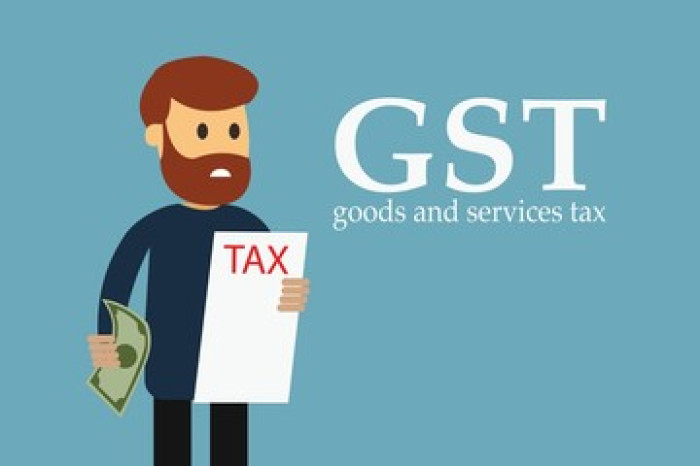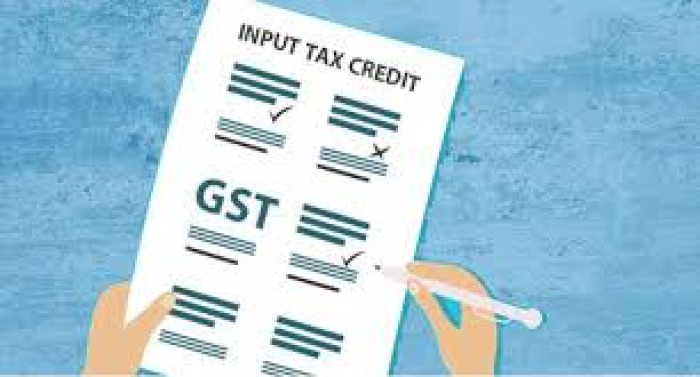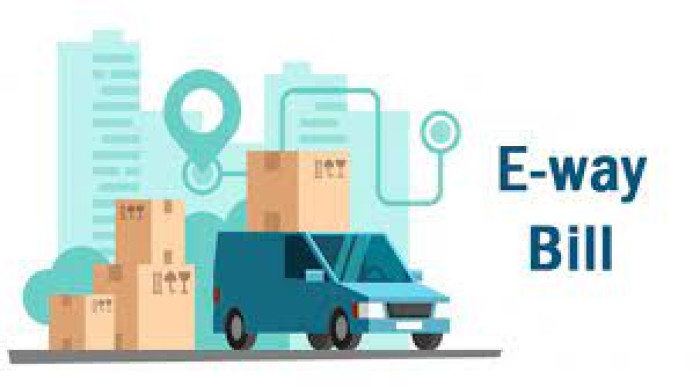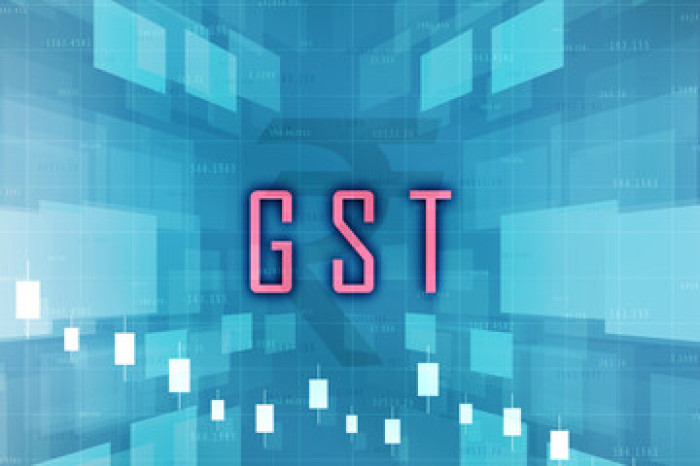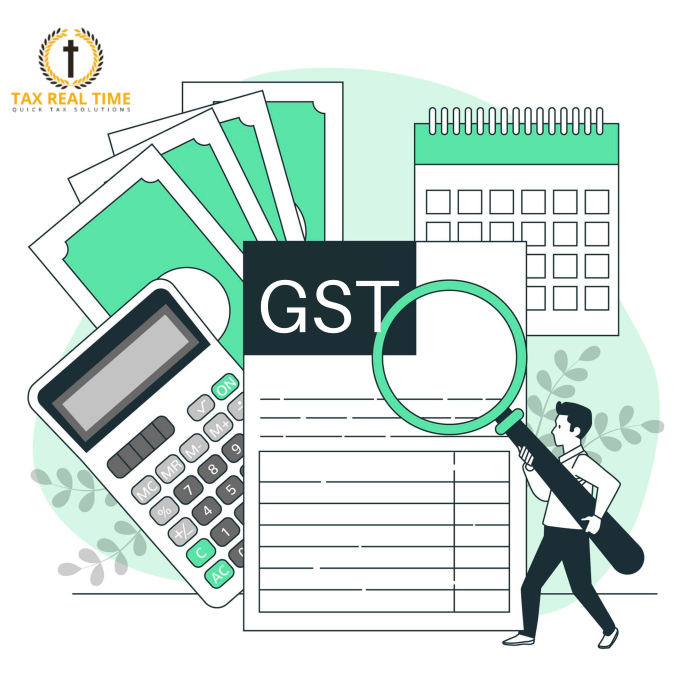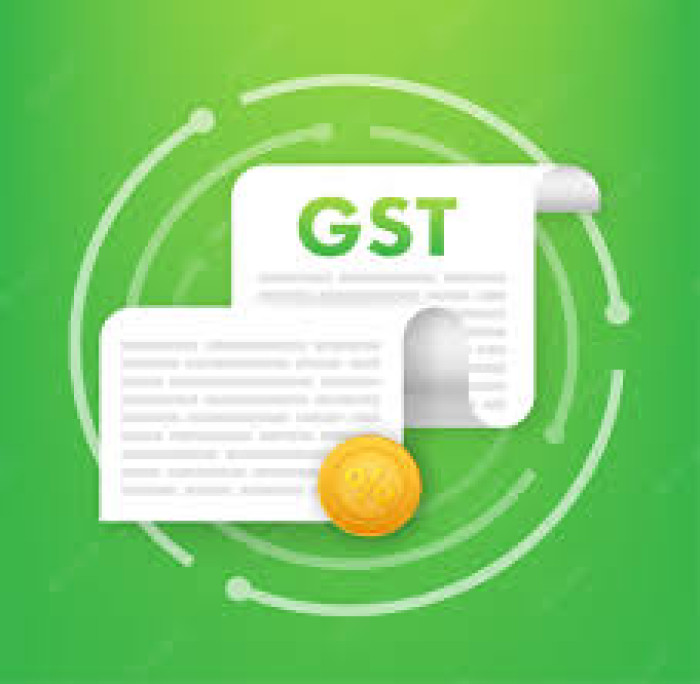GST - Allahabad High Court: Expiry of e-way bill during genuine vehicle breakdown does not indicate tax evasion, seizure and penalty quashed [Order attached]
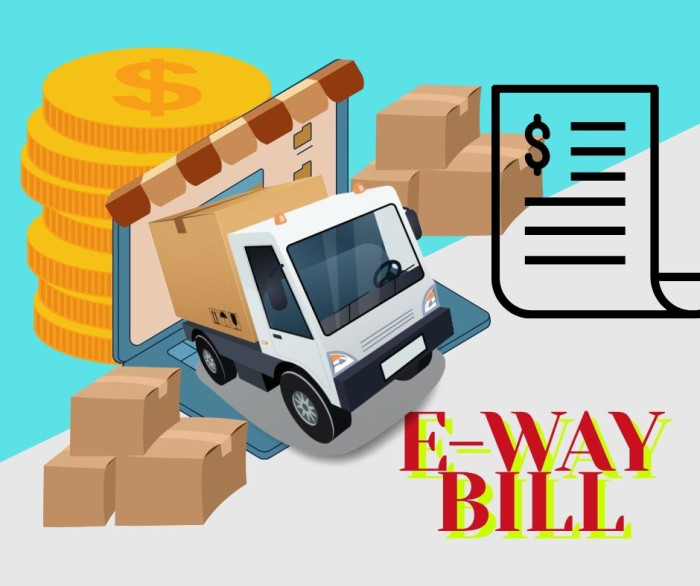

The Allahabad High Court recently addressed a case involving M/s Cj Darcl Logistics Ltd., where the expiry of an e-way bill during a genuine vehicle breakdown was scrutinized. The logistics company was transporting goods from Tata Steel Ltd., Kanpur to Punjab when the truck broke down in Ghaziabad, leading to the expiration of the e-way bill. Despite the driver presenting an updated e-way bill before the final seizure, authorities imposed penalties under Section 129(3) of the GST Act, which were upheld on appeal.
The petitioner contended that there was no intent to evade taxes as the goods were covered by valid documents and the breakdown was evidenced by repair bills. They cited previous High Court decisions to support their case. The core issue was whether the mere expiration of an e-way bill due to a genuine breakdown, with supporting documentation, warranted seizure and penalties.
The Court ruled in favor of the petitioner, emphasizing that the goods had proper invoices and e-way bills, and the expiry was solely due to the breakdown. There was no indication of tax evasion or discrepancies in the goods. Consistent with prior judgments, the Court found that penalty proceedings under Section 129(3) were unjustified in the absence of tax evasion. Consequently, the penalty orders were quashed, and any deposits made by the petitioner were ordered to be refunded. This decision underscores the importance of context and intent in cases of e-way bill expirations during genuine incidents.
Your free trial / membership plan is expired.
Kindly subscribe to get complete access to indirect tax updates and issue wise cases
Why subscribe to us ?
Get complete access to news updates and download copy of case laws/ notification/ circular etc.
Be a part of our WhatsApp group and read real time indirect tax updates
Access to ready case laws of General Issues and Industry Wide Issues under GST
Access to relevant provisions of law / circular in respect to the issues, along with trail of their amendments
Write your GST query to us for evaluation
Subscription Charges:*
Indirect tax updates -
6 months @299 / 1 Year @499 only
Indirect tax updates + Issue wise cases -
6 months @1199 / 1 Year @1999 only
*Plus applicable GST
Admin
11-Sep-2025 23:13:50
The Allahabad High Court recently addressed a case involving M/s Cj Darcl Logistics Ltd., where the expiry of an e-way bill during a genuine vehicle breakdown was scrutinized. The logistics company was transporting goods from Tata Steel Ltd., Kanpur to Punjab when the truck broke down in Ghaziabad, leading to the expiration of the e-way bill. Despite the driver presenting an updated e-way bill before the final seizure, authorities imposed penalties under Section 129(3) of the GST Act, which were upheld on appeal.
The petitioner contended that there was no intent to evade taxes as the goods were covered by valid documents and the breakdown was evidenced by repair bills. They cited previous High Court decisions to support their case. The core issue was whether the mere expiration of an e-way bill due to a genuine breakdown, with supporting documentation, warranted seizure and penalties.
The Court ruled in favor of the petitioner, emphasizing that the goods had proper invoices and e-way bills, and the expiry was solely due to the breakdown. There was no indication of tax evasion or discrepancies in the goods. Consistent with prior judgments, the Court found that penalty proceedings under Section 129(3) were unjustified in the absence of tax evasion. Consequently, the penalty orders were quashed, and any deposits made by the petitioner were ordered to be refunded. This decision underscores the importance of context and intent in cases of e-way bill expirations during genuine incidents.
Order date: 04 Sept 2025
Parties: M/s Cj Darcl Logistics Ltd. v. State of U.P. & Ors.
Facts -
- The petitioner, a logistics company, transported HR coils from Tata Steel Ltd., Kanpur, to Punjab under valid invoices and e-way bills. The truck broke down en route at Ghaziabad and required repair. During this time, the e-way bills expired.
- The goods were later intercepted and seized despite the driver producing an updated e-way bill before final seizure. Authorities passed penalty orders under Section 129(3), later upheld in appeal.
- The petitioner argued that there was no intent to evade tax since goods had valid documents, supported by repair bills, and relied on prior High Court rulings (Shyam Sel and Power Ltd., Harley Foods Products Pvt. Ltd., OSR Creation).
Issue -
- Whether mere expiry of an e-way bill during genuine vehicle breakdown, despite supporting evidence and valid invoices, constitutes grounds for seizure and penalty under Section 129(3) of the GST Act?
Order -
- The Court noted that the goods were accompanied by proper invoices and e-way bills; only expiry occurred due to the breakdown, substantiated by evidence.
- No discrepancy in quality/quantity of goods or intent of tax evasion was found. Consistent with earlier rulings, penalty proceedings under Section 129(3) cannot be sustained where no tax evasion is established.
- The impugned orders were quashed. Any deposit made by the petitioner was directed to be refunded in accordance with law.
Related Post
Post Category
Your free trial/ membership plan has expired. Kindly subscribe to get complete access of tax news updates.

Why subscribe to us ?
Get complete access to news updates
Access to the Order Copy of the case law/ Notification/ Circular etc
Be a part of our Whatsapp group and read real time tax updates
Access to ready case laws/ circulars on general and industry-wide issues under GST
Submit your GST issues to us for evaluation





